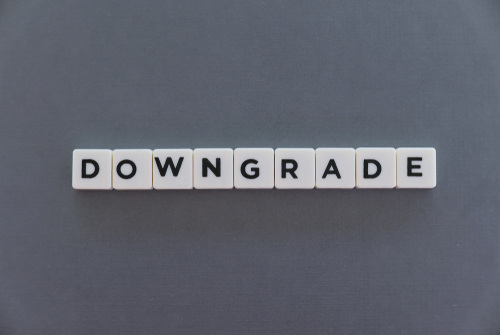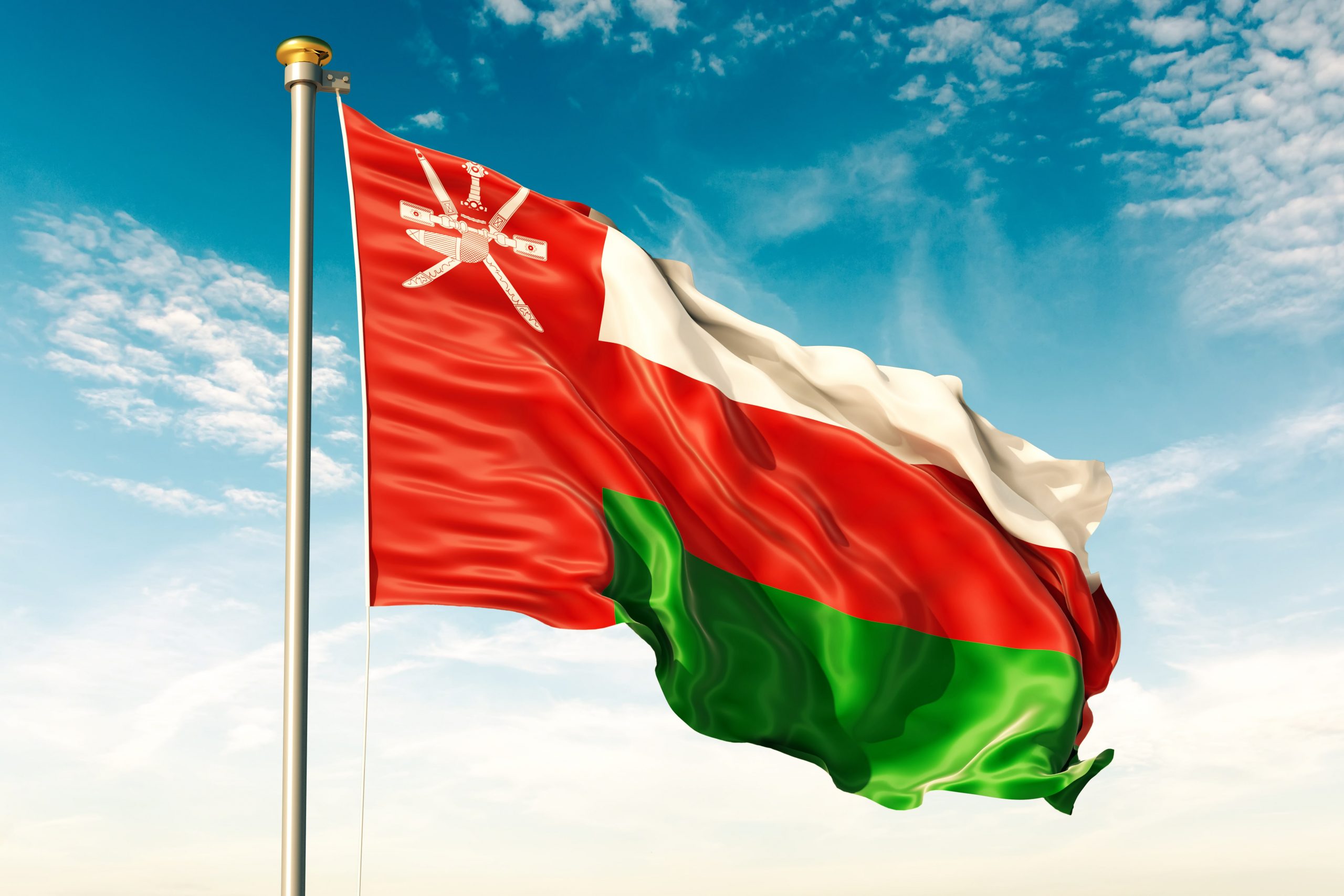This site uses cookies to provide you with a great user experience. By using BondbloX, you accept our use of cookies.
Bond Market News
Ghana Downgraded to CCC+/C by S&P
August 8, 2022

Ghana’s foreign and local currency sovereign ratings have been downgraded by S&P from B-/B to CCC+/C. The African nation was also assigned a negative outlook. The reason for the downgrade is Ghana’s widening fiscal and external imbalances, which is a combined effect of the pandemic and the Russia-Ukraine war. S&P notes that rising outflows from the Ghanian capital markets and surging prices of food and energy imports have driven up demand for foreign currency, leading to a reduction of Ghana’s foreign reserves. The lack of demand for the currency (cedi), coupled with the Fed’s rate hikes, has contributed to its 27% depreciation against the greenback since the start of the year. This in turn spurred inflation, which stood at close to 30% in June 2022, the highest level in 21 years, reducing its tax receipts and forcing the government to fund its expenditure by issuing more debt to its shallow domestic financial markets. As a result, S&P’s view is that it will be challenging for Ghana to manage its fiscal deficit and fulfill its immediate debt obligations, given its elevated financing needs and limited access to external financial markets. While Ghana recently approved a $740mn loan from Afreximbank, the loan will only boost reserve levels temporarily. Ghana is also in talks with the IMF for a $1.5bn lending program which S&P believes can substantially relieve the African sovereign from building financing pressures.
Ghana’s 7.875% 2023s are trading at 88.9 cents to the dollar, up by 0.47 points to yield 20.82%.
Go back to Latest bond Market News
Related Posts:







